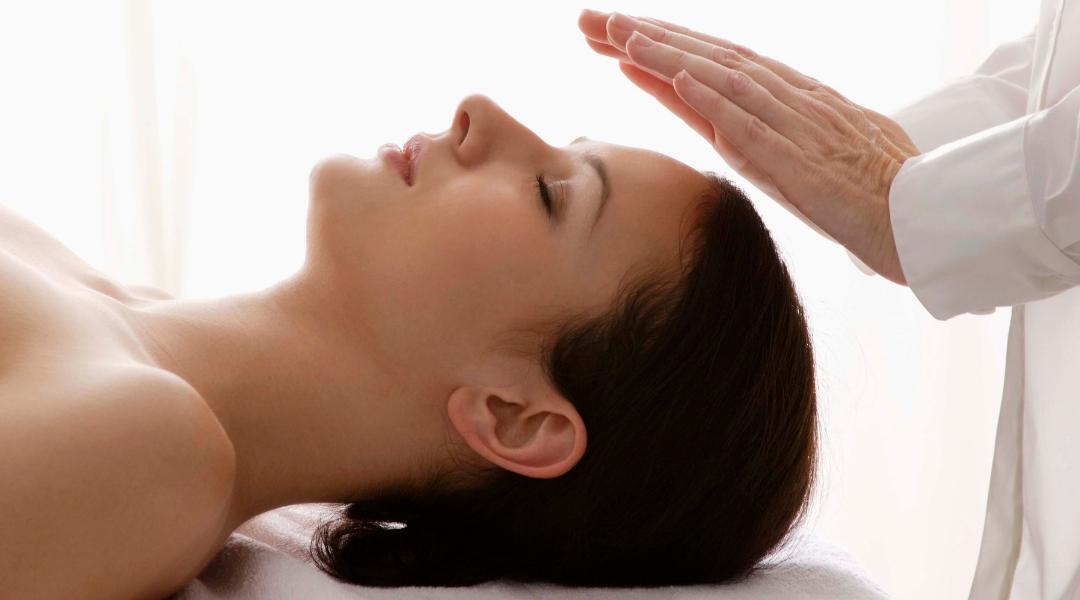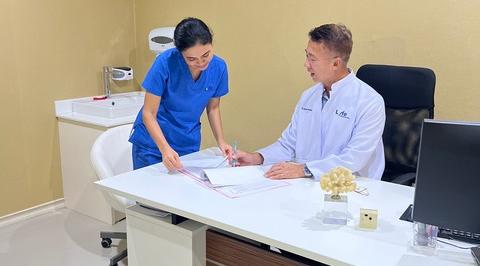
Reiki Energy Healing – How Does it Work?
Do you know you can heal from physical injury, emotional pain, or some trauma by freeing up the energy in your body in an alternative therapy known as Reiki? Keep reading.
Reiki defined
Traced back to the Japanese in the late 1800’s, the word “Reiki” literally means universal life energy. This practice is popularly called hands-on healing or palm healing. Here, the practitioner moves their trained hands around the patient’s body, focusing on the energy fields, and unlock energies that have been trapped following an illness or injury. As the energy begins to flow in an improved manner around the body, you relax, feel less pain, heal faster, and have lesser symptoms of sicknesses.
In simple terms, Reiki energy healing is a form of energy therapy.
What does a Reiki session involve?
While this procedure can happen anywhere, it’s most suitable in a serene environment. The patient may lie on a table or sit on a chair comfortably with their clothes on. Following the patient’s choice, there may be music or none at all.
Having made the patient comfortable, the practitioner will then place their hands (switching the shapes of the hands) with very little pressure on or over particular areas of the limbs, head, and torso. This is done from 2 to 5 minutes, and 20 different areas of the body can be touched.
In the case of a burn, the practitioner will hold their hands right above the wound.
Energy transfer occurs when the practitioner’s hand, which is warm and tingling, is over or on the body. The position of each hand shape is maintained until the practitioner senses the heat being released, then they’ll take their hands off and put them on a different body area.
Some techniques used in Reiki
- Centering
- Beaming
- Clearing
- Infusing
- Smoothing and raking the aura
- Removing bad energy
Chakra healing wands and crystals may be used by some practitioners since they believe it can improve healing or keep negative energy away.
Reiki sessions can take between 15 to 90 minutes. Some patients may want a session, others more sessions – it comes down to the client’s needs.
Health benefits
Reiki practitioners believe that by channeling the life force energy present around us, healing takes place. Modern scientific techniques may not be able to measure this energy, but those who focus on it can feel it.
“A great way of relaxing” is what some people describe Reiki to be. It is said to improve emotional, spiritual, and mental well-being, aid the natural healing of the body, trigger deep relaxation, help people deal with difficulties, and enhance general well-being.
Reiki therapy has assisted in the treatment of the following conditions:
- Anxiety
- Depression
- Fatigue syndromes
- Depression
There have been a lot of positive comments from patients who have received Reiki based on varying experiences. Some say the practitioner’s hands got very hot, others report cool hands, yet some experience pulsating waves during a session. Even cancer patients have been said to get relief. Most common among these reports is deep relaxation and stress relief.
Can Reiki cause harm?
Experts say Reiki may not have a clearly defined function as regards health, but the effects are not dangerous. Even when used together with other treatments, the therapy is loaded with benefits. Patients with serious health issues may choose this procedure and other alternative therapy rather than modern medicine that have been thoroughly tested.
Need Reiki today?
Following its popularity, Reiki is offered in certain major hospitals, including Lyfe Medical Wellness. As part of our service in traditional Chinese medicine, we offer Reiki healing among other wellness, health, anti-aging, and aesthetic beauty procedures.
In Summary
Want to feel better with minimal risks and lots of benefits? Reiki may be for you. A professional palm healing can work wonders on your wellness. Some healthcare providers may offer it freely. It can also be administered by volunteers offering palliative care.
For those seeking Reiki, bear in mind that it cannot replace treatment for medical conditions, but it’s rather an additional treatment that can enhance healing and well-being.
There’s yet to be any scientific backing to this therapy, so make sure you carefully seek a Reiki practitioner. Consult your doctor for advice on any alternative therapy beforehand.




